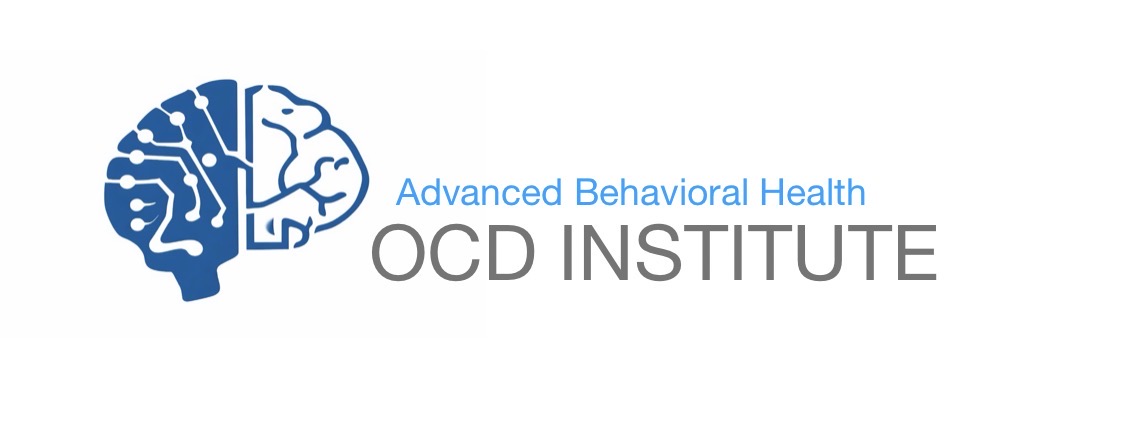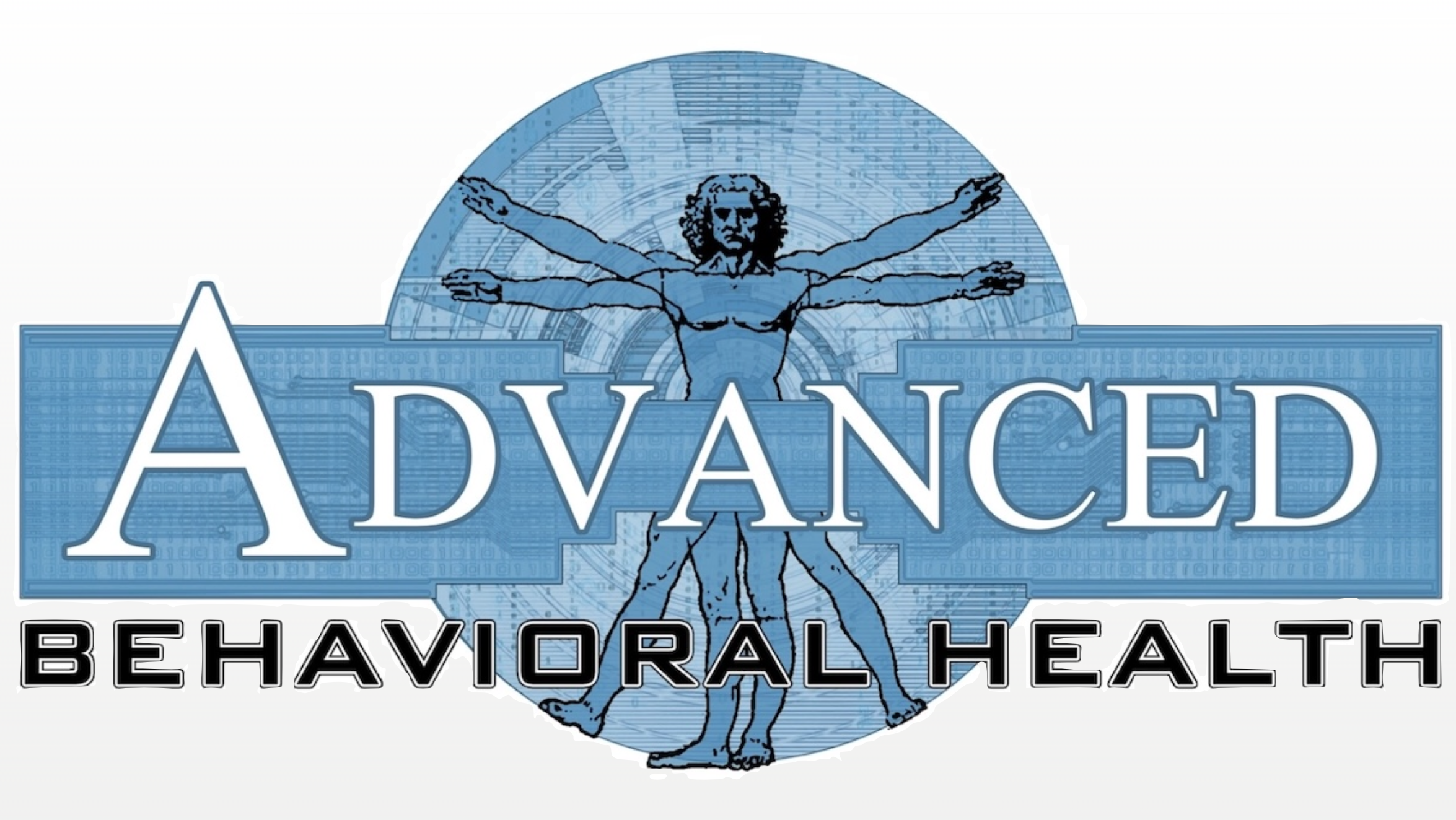
Welcome to the ABH OCD Institute
Founded in 2026, The ABH OCD Institute provides highly specialized, evidence-based treatment for obsessive-compulsive disorder using Exposure and Response Prevention (ERP), integrated with Cognitive Behavioral Therapy (CBT), and Acceptance and Commitment Therapy (ACT). Our structured, science-driven program is designed to eliminate compulsive behaviors (overt and covert), decrease intensity, frequency, and duration of intrusive thoughts, reduce avoidance, increase distress tolerance, challenge threat beliefs, and build long-term relapse prevention skills to help individuals regain control from OCD.
What is OCD?
Obsessive-Compulsive Disorder (OCD) is a serious mental health condition that can severely impact daily life. It is marked by intrusive, unwanted thoughts (obsessions) and repetitive behaviors or mental rituals (compulsions) performed to reduce distress. While OCD is highly treatable, the most effective OCD treatment requires advanced OCD training - specialized education and hands-on skill training in Exposure and Response Prevention (ERP) therapy, the gold standard for OCD care.
According to the World Health Organization (WHO), and the National Institutes of Health (NIH), OCD is considered one of the most debilitating mental health conditions.(1) Advanced OCD Training is required for Effective OCD Treatment
Without this advanced expertise, even well-meaning clinicians may use strategies that unintentionally strengthen OCD’s cycle instead of breaking it.
⸻
Why Advanced OCD Training Matters
General mental health training often includes some exposure to Cognitive Behavioral Therapy (CBT), but treating OCD effectively demands advanced ERP skills. ERP is the most research-backed approach for OCD, yet it requires careful, individualized planning to succeed.
Therapists with advanced OCD training can:
• Accurately Diagnose OCD: Recognizing hidden symptoms such as mental compulsions, “pure O” intrusive thoughts, or taboo obsessions.
• Create Targeted ERP Plans: Developing exposure hierarchies based on each patient’s specific triggers.
• Avoid Ineffective Interventions: Understanding why reassurance, avoidance, or generic anxiety coping techniques can worsen OCD symptoms.
• Address Co-Occurring Conditions: Integrating ERP with care for depression, generalized anxiety disorder, or panic disorder.
When you search for an OCD specialist with ERP training, you’re choosing a professional who knows how to treat OCD at its root rather than just manage surface-level anxiety.
⸻
How Advanced ERP Therapy Improves OCD Recovery
Working with a therapist who has completed enhanced OCD training can lead to:
• Faster Symptom Reduction: Many patients experience noticeable improvements within weeks.
• Long-Lasting Results: Proper ERP techniques help keep OCD symptoms in remission.
• Higher Patient Confidence: Knowing your therapist specializes in OCD treatment builds trust and motivation.
ERP works by gradually exposing individuals to feared thoughts, images, or situations while resisting the urge to perform compulsions. Over time, the brain learns that anxiety naturally decreases without ritualizing — putting OCD into a dormant state.
⸻
The Risk of Non-Specific OCD Care
Without OCD-specific therapist training, patients may receive generic anxiety therapy, unstructured talk therapy, or strategies that actually reinforce compulsions. This can lead to years of therapy without real relief.
If you’re searching for effective OCD treatment near me, make sure to ask potential providers about their specialized ERP training and experience working with OCD.
⸻
Finding the Right OCD Therapist
Look for therapists who have completed advanced ERP training through organizations such as:
• International OCD Foundation (IOCDF) Behavior Therapy Training Institute
• Specialized ERP workshops and certification programs
• Clinical supervision focused exclusively on OCD treatment
For best results, choose an OCD-trained therapist in your area who combines clinical skill with compassionate, structured guidance.
⸻
The Bottom Line
OCD is treatable — but only when approached with the right methods. Advanced OCD training ensures therapists can provide the most effective, evidence-based care available. The right therapist can help you or your loved one break free from the cycle of obsessions and compulsions and achieve long-term relief.
1. Singh A, Anjankar V P, Sapkale B (November 17, 2023) Obsessive-Compulsive Disorder (OCD): A Comprehensive Review of Diagnosis, Comorbidities, and Treatment Approaches. Cureus 15(11): e48960. doi:10.7759/cureus.48960
Call 256-945-7959 for your free 15 minute consultation.

OCD as a Chronic Syndrome: Understanding Its Connection to Other Disorders
Obsessive-Compulsive Disorder (OCD) is often thought of as a single, isolated mental health condition. In reality, OCD is a chronic, brain-based syndrome that can persist for years and frequently co-exists with other mental health disorders. Left untreated, it can cause significant distress, impair daily functioning, and increase vulnerability to additional conditions such as depression, anxiety disorders, body dysmorphic disorder, and eating disorders.
Recognizing OCD as part of a broader, interconnected mental health profile is critical for effective assessment and treatment.
OCD: More Than a Standalone Diagnosis
OCD is characterized by intrusive, distressing thoughts (obsessions) and repetitive behaviors or mental rituals (compulsions) aimed at reducing anxiety or preventing perceived harm. While its symptoms vary widely — from fears of contamination to unwanted violent or sexual thoughts — one common thread is that OCD often exists alongside other chronic mental health conditions.
This overlap happens for several reasons:
• Shared brain circuitry: OCD shares neurological pathways with anxiety and mood disorders, making co-occurrence more likely.
• Prolonged stress response: Living with untreated OCD can lead to chronic stress, which increases the risk of developing depression or other anxiety disorders.
• Perfectionism and self-criticism: Common in OCD, these traits can contribute to disorders like body dysmorphia or eating disorders.
Common Co-Occurring Disorders with OCD
1. Depression
• Up to 60% of people with OCD experience major depressive episodes.
• Depression can develop from the exhaustion of managing constant anxiety and compulsions.
2. Generalized Anxiety Disorder (GAD) and Panic Disorder
• Many individuals with OCD also experience generalized worry, panic attacks, or heightened physiological anxiety.
3. Body Dysmorphic Disorder (BDD)
• BDD shares obsessive thought patterns with OCD, often leading to distress over perceived flaws in appearance.
4. Eating Disorders
• Disorders like anorexia nervosa or bulimia can co-occur, driven by obsessive thoughts about weight, shape, and control.
5. Tic Disorders and Tourette Syndrome
• Some individuals with OCD experience motor or vocal tics, suggesting overlapping neurological mechanisms.
6. Other Chronic Mental Health Conditions
• OCD may also be present with PTSD, social anxiety disorder, or chronic health-related anxiety.
Why Recognizing OCD as a Chronic Syndrome Matters
When OCD is treated in isolation, co-occurring conditions may be overlooked, leading to incomplete recovery. A comprehensive evaluation can identify the full range of challenges a person faces, allowing for a more effective, integrated treatment plan.
Treatment often involves:
• Exposure and Response Prevention (ERP) therapy for OCD symptoms.
• Cognitive Behavioral Therapy (CBT) or other evidence-based therapies for depression and anxiety.
• Nutritional and medical support when eating disorders are present.
• Medication management when appropriate for multiple conditions.
The Path to Comprehensive Care
OCD is not a “phase” or a passing habit — it’s a chronic condition that requires skilled, ongoing treatment. By understanding OCD as part of a broader mental health picture, clinicians and clients can work together to address all contributing factors, improve quality of life, and reduce the risk of relapse.
If you or someone you care about is living with OCD and other chronic disorders, seeking specialized, integrated treatment is the most effective way forward.
